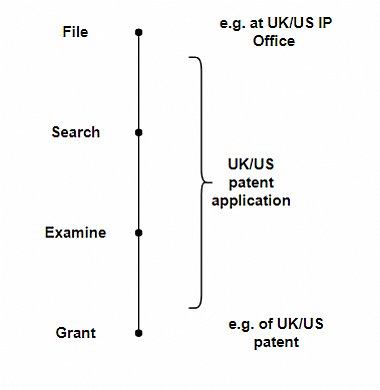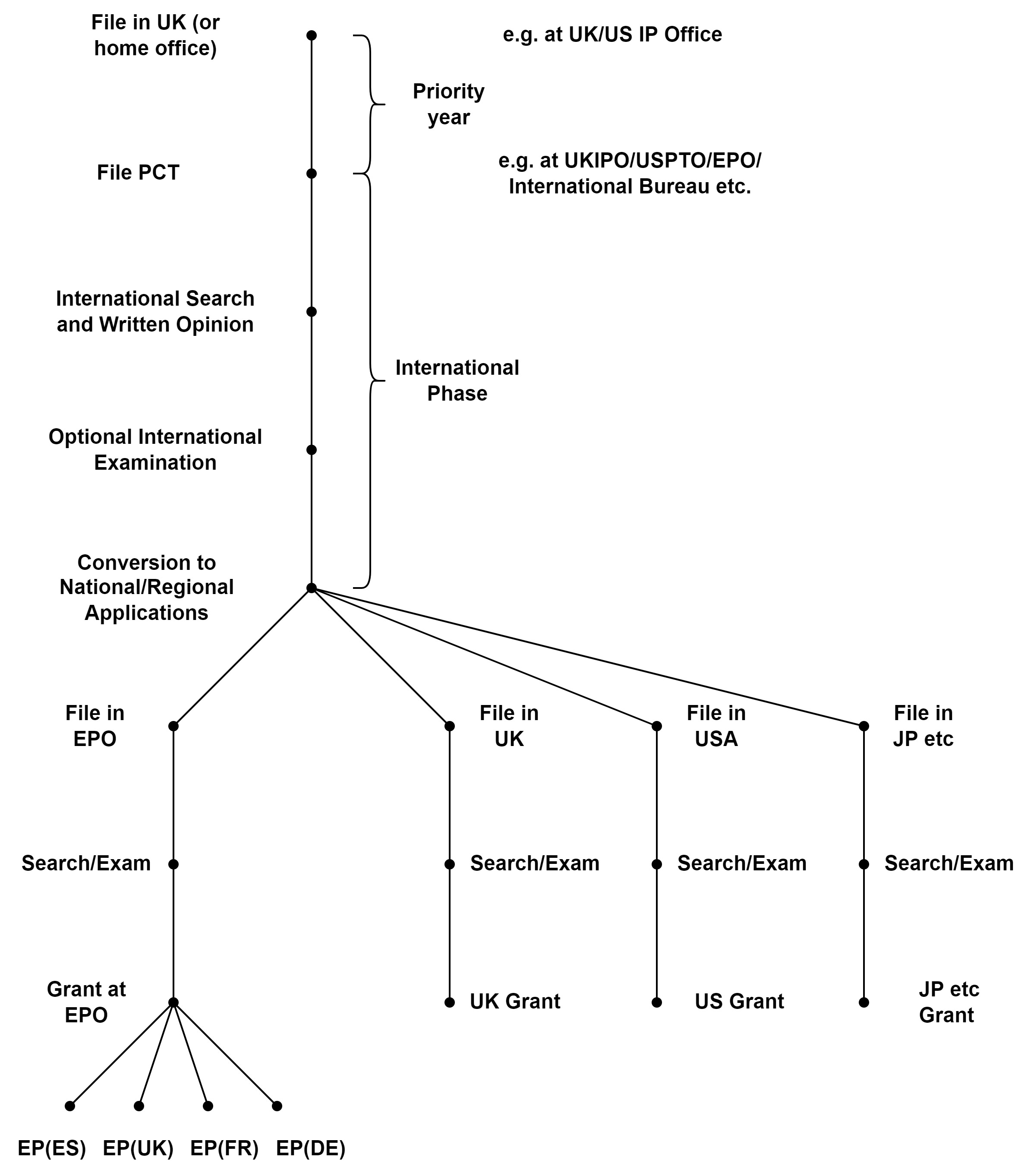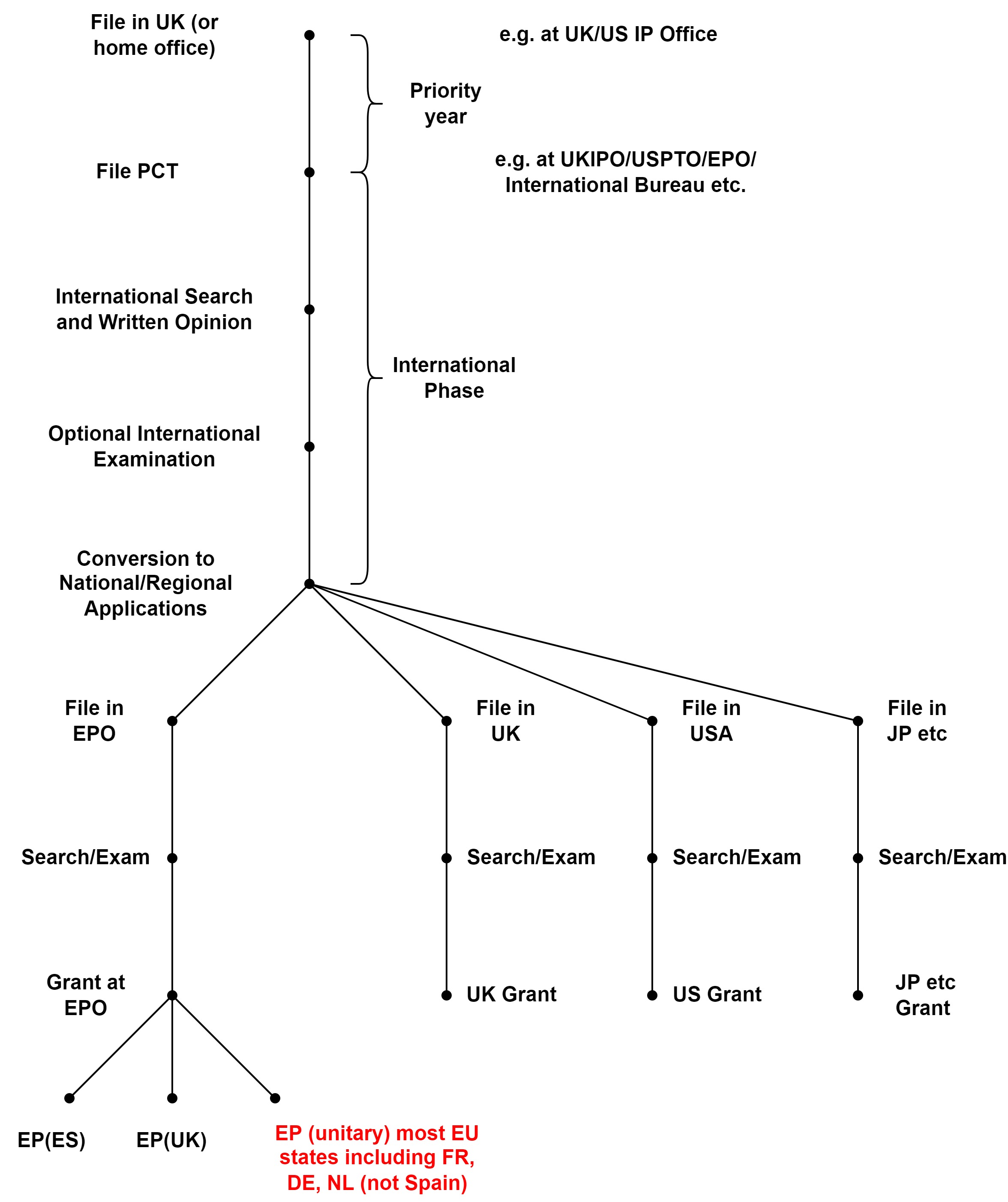The Unitary Patent: What's that coming over the hill?
Posted on
Is it a Monster? Is it a MONSTER?

Perhaps, perhaps not. I swim in Loch Ness every Saturday, and have yet to meet the Loch Ness Monster, thank goodness, but this week Austria deposited its instrument of ratification for the Protocol to the Agreement on a Unified Patent Court on provisional application (PPA).
What does this mean? Initially this opens the preparatory period for the Unitary Patent and Unified Patent Court, known together as the Unitary Patent Package (often abbreviated to the UPC).
So, the UPC is on the way. A monster? I hope not. It promises so much, but its complications are not small.
Before we go on, let’s recall that the European Union (EU) is unrelated to the European Patent Convention (EPC) which is the backbone of the European Patent office (EPO). The EU is a significant, wide-ranging treaty affecting laws and jurisdictional matters between 27 member states. The EPC is a convention between 38 member states allowing for grant of patents in those states by the EPO, nothing more.
There are currently 27 EU countries, now that the UK has left the EU, but not all 27 EU countries have signed up to the UPC. About 25 may do so in due course. And the remaining 11 countries in the EPC but not in the EU are not allowed to join the UPC.
As we know, the basic process for getting a patent is:

If you want to file at the European Patent Office via an international (PCT) application, this basic process looks a little more convoluted.
When the UPC comes in, none of this will change. So, as now, if you choose a European Patent (EP), once it grants you will have the option of validating the EP grant in up to 38 national offices. That’s worth repeating, when the UPC comes in the process of granting a European patent will not change.
Now let’s look at what the UPC/Unitary Patent adds:
As you can see, everything up to EP grant is the same.
But following EP grant, you will have the additional choice of selecting an EP patent with unitary effect for those EU countries which are in the UPC. That is a mouthful, so it is abbreviated Unitary Patent or UP but for consistency we have used EP(unitary) above to show the similarity with the usual validation process. When we say EP(unitary) we mean an EP patent with unitary effect in other words a Unitary Patent.
Here are some Key Points to remember as you try to get your head around this potentially lovable monster.
The Unitary Patent and the United Patent Court are different things, the first is an IP right, the second is a new court with jurisdiction.
All EP(unitary) patents (aka Unitary Patents) will be subject to the jurisdiction of the Unified Patent Court.
All EP patents and EP applications, whenever granted, will be subject to the jurisdiction of the Unified Patent Court unless ‘opted out’ from the jurisdiction of the Unified Patent Court within a sunrise period.
The EP(unitary) or Unitary Patent will be a single object of property covering UPC states and the law of property applying will be where the applicant had residence, or principal place or place of business in the EU, or otherwise German law. So, for UK and US originating applicants without a place of business in the EU, German law will apply.
The Unified Patent Court is an untried court developed with much help from the UK legal rules but now with no UK judges.
There is no change to the European (EP) patent system for granting EP patents.
There is no effect on opposition and appeal procedures at the EPO.
Unitary Patents can be attacked centrally at the Unified Patent Court at any time post-grant.
Election for EP (unitary) effect (for a Unitary Patent) will co-exist with the current validation process.
For EU states signed up to the UPC there is a choice of selecting an EP (unitary) i.e. a Unitary Patent) or national validation of the granted EP patent as usual (not both).
For all other EPC states that are not in the EU, or in the EU but not signed up to the UPC, including UK, Switzerland and Spain, national validation or not is the only choice.
Co-existence of a direct national patent (e.g. in Germany) and an EP (unitary) patent will depend on national law on double patenting.
Existing EP patents cannot be converted to EP (unitary) patents.
So, UPC preparations are underway.
For our US, AU and CN colleagues, keep this handy guide by your desk for when your clients ask questions and please connect with me for further updates with practical tips.
The team at Capella IP are here to make your job easier. Get in touch if you need more information and keep a look out for our next update.
This brief guide is intended as an introduction to the UPC and not legal advice. For your particular circumstances, and legal advice, please get in touch.
© Capella IP Ltd 2022
https://www.consilium.europa.eu/en/documents-publications/treaties-agreements/agreement/?id=2015056
https://www.epo.org/news-events/news/2022/20220117.html
Lyric credit: Monster by The Automatic (James Frost, Iwan Griffiths, Robin Hawkins, Alex Pennie, Haithem Hussein)



